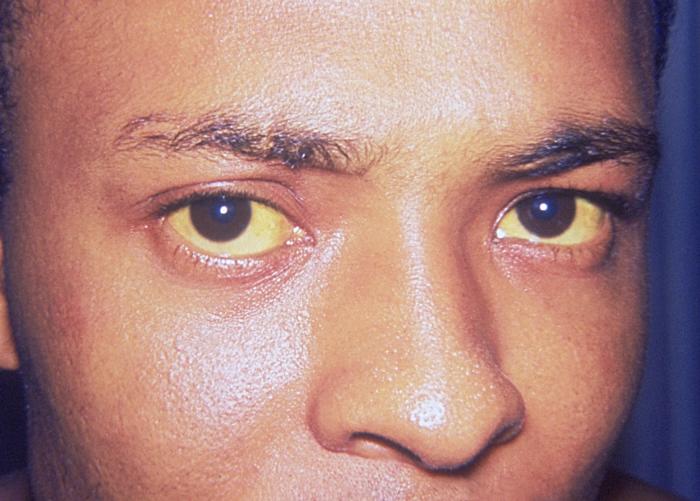By NewsDesk @bactiman63
In a follow-up on a report from April, country officials report 300 cases between 01 January 2021 and 29 June 2021, in comparison to 100 cases reported last year (total cases reported in 2020).

Hepatitis A is a contagious, vaccine-preventable liver infection that can range from a mild illness lasting a few weeks to severe illness lasting several months. Symptoms include fever, fatigue, nausea, loss of appetite and stomach pain. Jaundice (yellowing of the skin and/or eyes), dark-colored urine and clay-colored bowel movements may also occur. Symptoms can appear 15-50 days (average 28 days) following infection with the virus. Because hepatitis A causes inflammation of the liver, anyone with underlying liver disease is at risk of more serious illness if infected. The virus is usually transmitted through food or water that has been contaminated with undetectable amounts of feces from a contagious person, such as when food is prepared with unwashed hands.
Hepatitis A and the Hep A vaccine
Hepatitis A can be prevented by a safe and effective vaccine. If you are in one of the risk groups described (a person experiencing homelessness, a person who uses injection or non-injection drugs, or a man who has sex with men) or if you had contact with someone with Hepatitis A, contact your health care provider or the health department about receiving a vaccine. Additionally, always wash your hands with soap and water after going to the bathroom, after changing diapers, and before preparing meals for yourself and others.
- Bulgaria COVID-19: 7 Delta variants and one Beta variant reported
- Philippines: Dog rabies cases up 39% in Negros Occidental
- Pakistan: Measles deaths mount in Jacobabad
- San Diego health officials look for anyone who touched rabid bat at Zoo Safari Park
- Angola sees more than 5000 malaria deaths through May, A ‘critical and challenging’ situation
- Kharkov, Ukraine: Dozens sickened after consuming sushi
- Botulism case reported in Melitopol, Ukraine, Linked to smoked mackerel
- Pakistan: Kashmore rabies patient admitted to Indus hospital
- Salmonella outbreak linked to frozen shrimp

